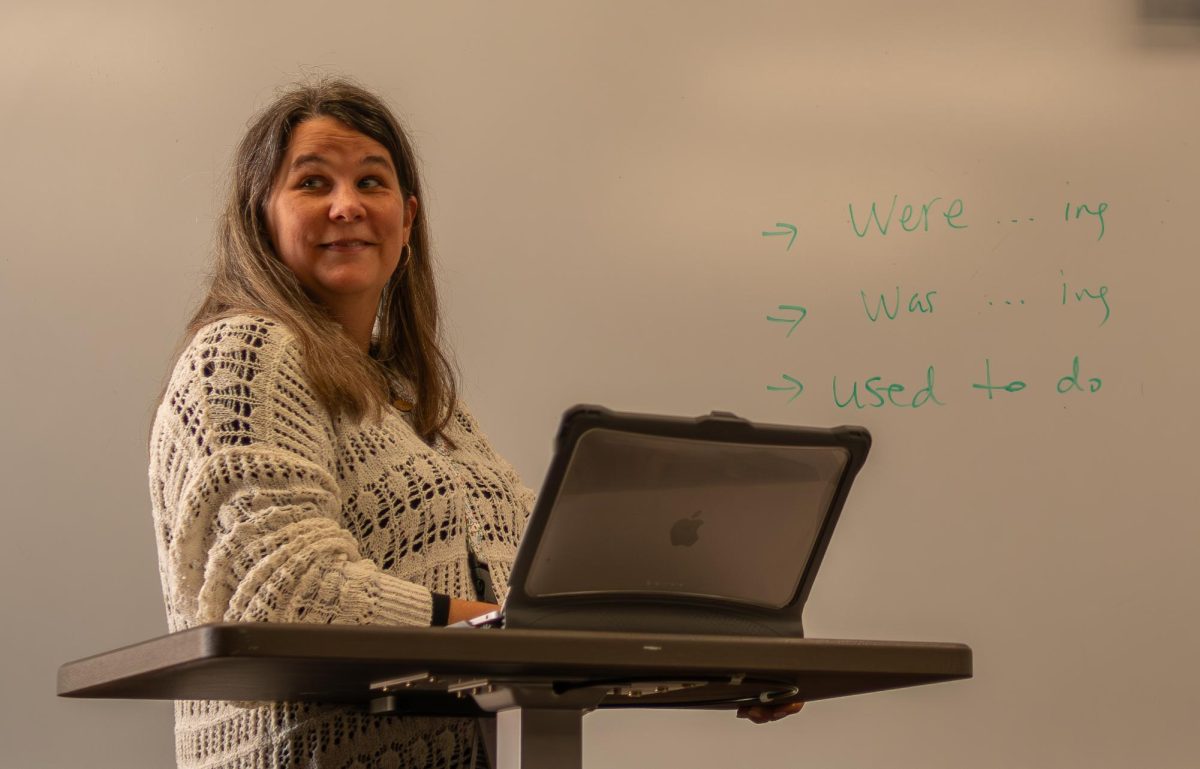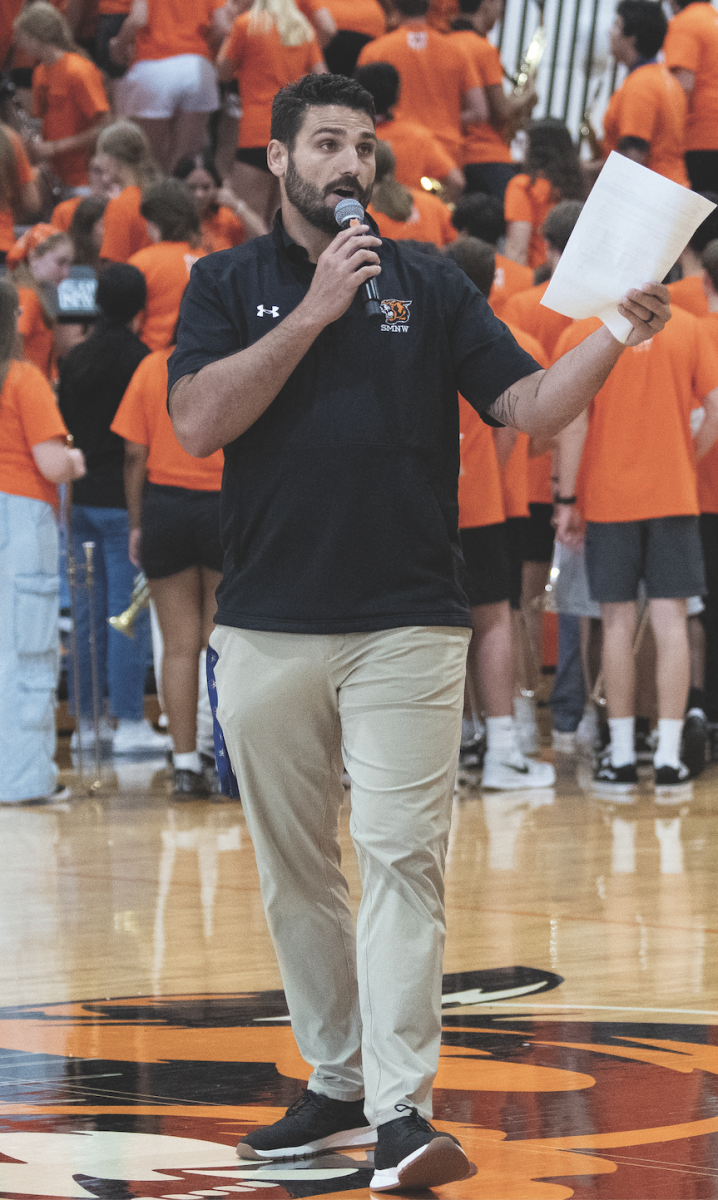“I was bullied second through 8th grade. It didn’t seem like a big deal to the other students, but I was never included. And that hurt,” sophomore Grace Freeman said.
Bullying can affect everyone. Whether based on cultural differences, abilities, sexuality, or disabilities, no one is exempt from bullying. Cyber bullying is a concern, considering 88% of social media using teens say they have seen someone be mean or cruel to another person on a social networking site. However, 67% of all teen say bullying happens more offline than online (www.covenanteyes.com).
“Fourth graders don’t exactly go out of their way to make new friends,” sophomore Olivia Broome said. “We were really little; kids tend to pick on anything that is different,” Broome said after returning to the United States from schooling in England.
People who are bullied can experience physical and mental bullying- from punching, choking and kicking to being verbally assaulted, demeaned- bruising their very soul. This can have lasting psychological effects such as depression, anxiety, a sense of isolationism. The fear to go to school, a lack of sleep, a change in eating patterns, and lost of interest are other effects. (stopbullying.gov). Out of all school absences, 15% percent can be tied directly to fears of being bullied at school (Makebeatsnotbeatdowns.org).
Bullying: unwanted aggressive behavior, pushes people to their limits.
“The bully can smell the perfect victim,” she says. “What I mean by that is they know which kid is really going to get upset and how to upset them,” Dr. Susan Lipkins, a psychologist who specializes in bullying said.
According to an anti-bullying movement called Make beats not Beat Downs, 56% of students have personally witnessed some type of bullying at school.
“Bullying is everywhere. I saw it at my private school K through 8th grade, and I see it here at Northwest.” freshman Gabby Lorino said.
“There is bullying at Northwest. The sad thing is, there is nothing we as teachers we can do, because bullying starts at home.” teacher Jessica Barger stated. The only way to stop bullying is to not tolerate it.
“The majority of people who see bullying try to stop it, but it’s the small minority who are the problem,” Broome said. Here at Northwest, 55% have witnessed someone being bullied at Northwest. However, only 37% say there is actually a bullying problem here.
It is important to talk to the counselor in order to know what the next steps are, and to be advised on prevention or recovery. The time has come for people to come together and put a stop to bullying. Bullying is finally getting national attention-the attention it deserves.
“Something has to be done. People don’t deserve to feel like they have to be afraid everyday to come to school, to feel threatened.” sophomore Quinten Denham said.





















